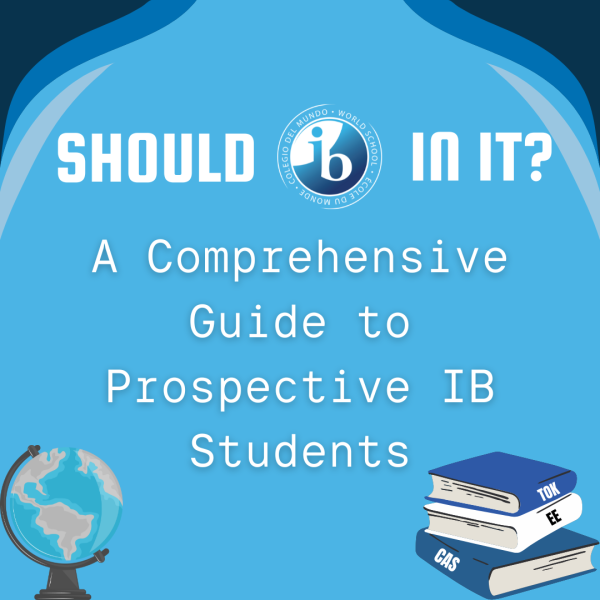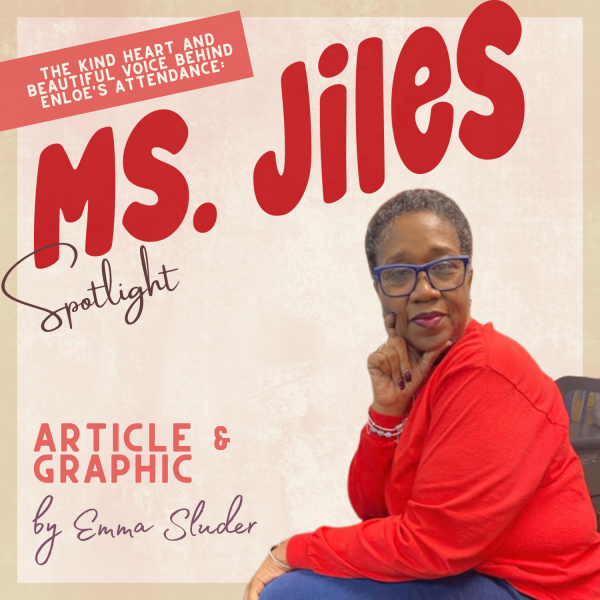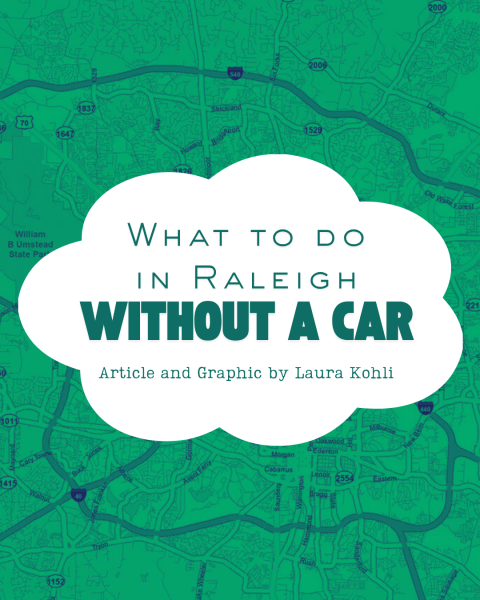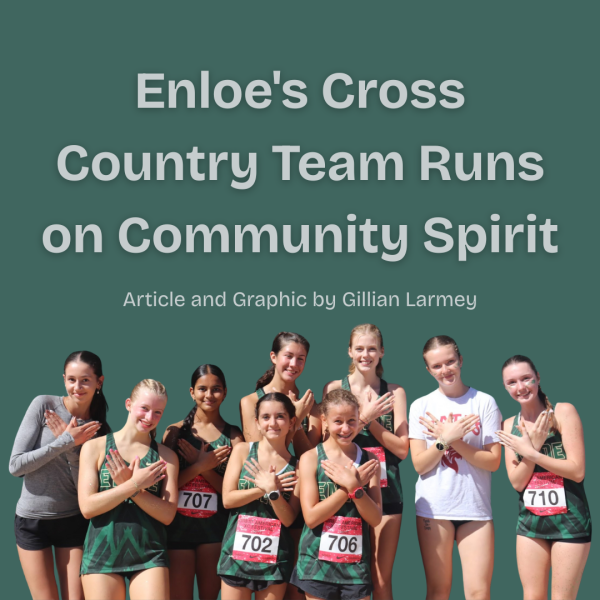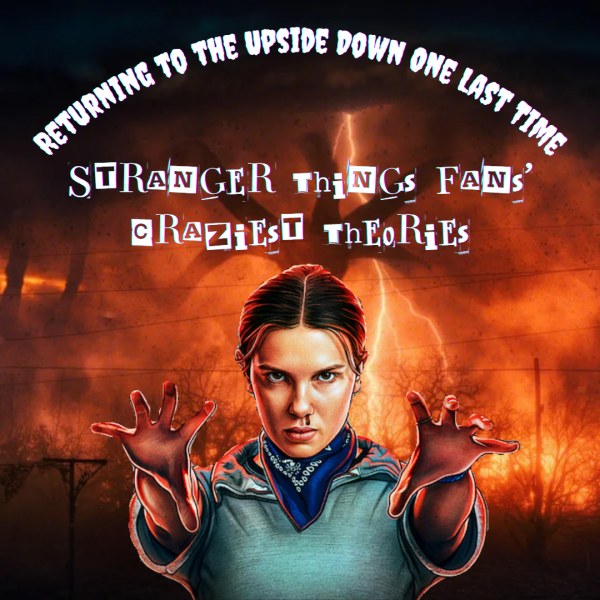Writing the Next Chapter: How to Approach a Gap Year
With winter break over and done and the first semester quickly drawing to a close, many Enloe seniors have begun to think about the path beyond high school. For many soon-to-be-graduates, this means attending college. But is college really the right path for everyone? The lesser known and often mischaracterized alternative is taking a gap year. In an Instagram poll, roughly 20% of participating seniors said they were considering taking a gap year or were already planning to. But what exactly is a gap year? And how do you do it? How would you even start?
What is a gap year?
A gap year, simply put, is a year taken after finishing high school before continuing on to college. However, there is no specific ‘right’ definition for everyone. Gap years are highly personal, as they are often individual journeys to discover what one wants to do with their life. Sam Stage, 2020-21 Eagle’s Eye editor-in-chief and freshman performance major at Berklee College of Music says, “[At the end of my senior year] a lot of us had this idea that when we fell off the end of the high school conveyor belt, we somehow had to take a next step. […] but I felt kind of like I was at a crossroads.” Gap years can be a beneficial alternative for those who do not believe college to be their ideal path. However, your decision should be well thought out, and you should have a plan for how to spend your time.
How do you plan a gap year?
Gap years are very versatile. Andrew Wood, a current Enloe senior with plans to take a gap year, describes it as a time to “rejuvenate one’s mental health, learn an entirely new language, find a very fulfilling job, work on something new, or travel and gain new experiences.” Gap years are also a great time to study your field of interest. Wood, who plans on using his gap year to study piano, says “it isn’t entirely uncommon for classical musicians to take a year off from schools, competitions, etc. to study with a particular teacher in order to prepare for something specific.” The most important thing is to do something beneficial for you.
It is helpful to have an idea of what you want to do before you begin your gap year in order to feel productive throughout. Additionally, you must also keep in mind how your gap year will be relevant to potential colleges you intend on applying to afterwards. Mr. Small, an Enloe counselor says, “[Students] need to be able to explain to the university how they spent the year in a way that the university understands the reason for [it].”
What are the pros and cons?
Gap years are frequently helpful for college applications. Gap years give you time to gain new experiences, and frequently those experiences can be relevant to your intended major. Beyond further experience and expanded resumes, a gap year can give you time to really think about what you want so you can be more sure in your decisions. Stage described his re-entry into the college world saying, “I felt like taking a gap year […] really prepared me to come back and be a lot better as a learner than I was. And I think it was because I had a lot of clarity on what I wanted.”
However, there is some risk involved in taking a gap year. Stage describes it as “put[ting] yourself on the line, especially socially.” Taking a gap year, while not a negative thing, involves potentially feeling as if many of your friends and peers are ahead of you as they begin their college journeys while you take time for yourself to make your own experiences. Transitioning back into school post-gap year and settling back into a more rigid schedule may also feel strange for some. Additionally, any plans that involve travel may require significant funds and organization.
This is not to discourage you from taking a gap year, nor to say that gap years are bad. In Mr. Small’s words, “The most important thing is to be thoughtful in your reasoning for taking [a gap year].”
At the end of the day, the decision to take a gap year is up to you and you alone. No one can choose your path for you. It is on you to take in your goals, your experience, and your energy to decide what is best for you post-college. But no matter what you do, remember to have fun! Take risks, make choices, be bold, and know that whatever the future may bring, your life is in your hands. Stage said it best, “Gap year: the time a person takes after one chapter has ended to decide how to write the next one”.
So write your own story. It’s up to you.
Your donation will support the student journalists of Enloe Magnet High School, allowing us to cover our annual website costs. We are extremely grateful for any contribution, big or small!
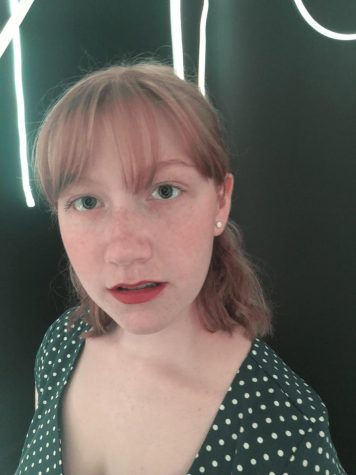
(She/her)
Sam Heyl is a senior excited for her second year on the Eagle's Eye! She lives and breathes animation and any/all creative writing. When she's...


